8 Ways to Prevent the Spread of Hepatitis C
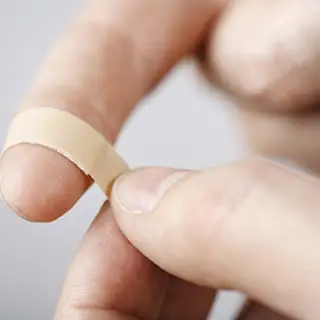
Cover cuts and blisters
Covering cuts and blisters prevents other people from coming into contact with your blood. Though risk of hepatitis C transmission in a household is near zero, it’s still good to take precautions.

Dispose of used bandages
Carefully dispose of used bandages, tissues, tampons, sanitary napkins or anything else with your blood on it. Taking these extra measures will help prevent the spread of hepatitis C to others.
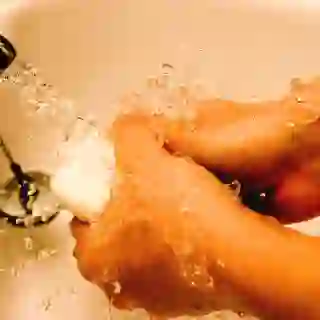
Wash your hands
Wash your hands thoroughly with soap and water if you have a cut or dried blood on you. In addition, make sure you do the same with any object that has come into contact with your blood.
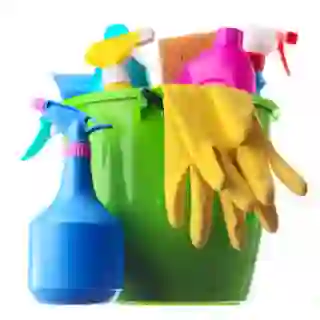
Clean spilled blood
Clean any spilled blood on surfaces, including dried blood, with bleach and water. The cleaning solution should be one part bleach and ten parts water.
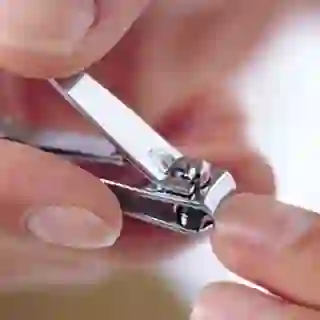
Don’t share personal items
Personal care items, such as razors, nail clippers and toothbrushes, could have blood on them, so it’s best not to share these items with anyone else.

Be aware when breastfeeding
Hepatitis C is not spread through breast milk, but, if your nipples are cracked and bleeding you should not continue breastfeeding your baby until they have healed. Once healed, you can continue breastfeeding.
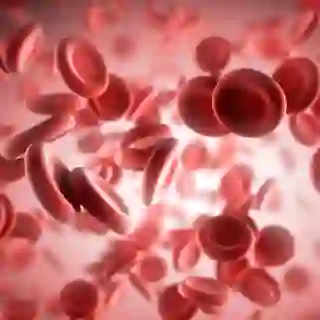
Don’t donate blood
If you have hepatitis C you cannot donate blood, sperm or organs for uninfected people. Though the U.S. does screen the blood supply, you still shouldn’t donate.

Seek drug treatment
If you are injecting street drugs, try to get into a treatment facility. If you continue to inject drugs, don’t share needles or equipment with anyone.